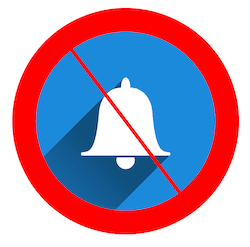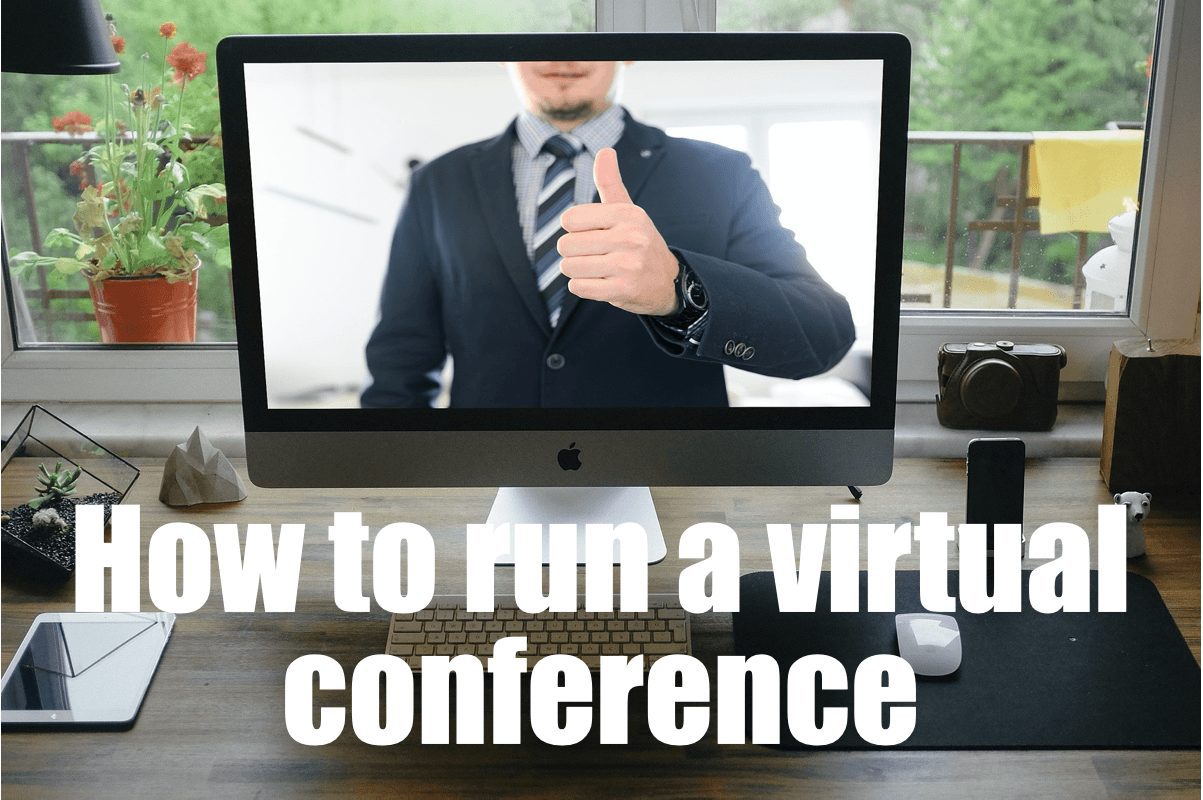
Now that we’ve all attended innumerable Zoom, Team, Webex, webinars and virtual conferences, you would have thought that we’d be getting much better at them by now. Yet, I continue to attend and experience shoddy productions, even when done by profitable corporations who, you would think, could afford the infrastructure and a full team.
I’ve seen the classic bottom-down un-dressed speaker, an emcee and CEO panellist blithely talking away without realizing they were already online, the Zoombomb, gross tardiness, empty audiences, deadly boring panels… and the litany goes on. Not to mention the technical snafus.
Of course, with even the best intentions, online events can always get fouled up by tech problems. But, here’s the deal: that’s really no different than in real life (IRL). Events that are held in conference halls and hotels are also subject to technical hitches (e.g. computer problems, microphone issues, wifi network…) and personnel no-shows (traffic jams, clothing mishaps, etc). So, for the same reason but in different ways, you need to build in redundancies and contingencies for your online events.
A great show, whether online or IRL, takes hard work by people who know what they’re doing.
One thing is for sure, if you don’t have good content, then it doesn’t matter how slick your production quality was. So, yes, you’ve got to start with the best quality content possible. But, it’s easy to drown good quality without the right form and function.
Errors to avoid going virtual
I’m not saying it’s easy to run a virtual conference, but there are many lessons to be learned of what not to do. It’s harder to pick up lessons from an event that is well run (Pega did an admirable job at its PegaWorld 2020, for example), because everything seems to go smoothly! But, when it goes badly, it seems so obvious.

I attended a large online conference recently with nearly one thousand speakers and several tens of thousands of attendees. Surely, it was a huge event to try to pull off–especially as a first ever. I applaud the ambition and genuinely enjoy the event founders and their purpose. Whereas during the prior years, they held the event IRL, they converted this event to online because of the pandemic. But they made one fatal flaw: they basically replicated the scale, flow and timing of the IRL event. In order to accommodate the size of the online event, they used a handful of different platforms that rendered the event serpentine and confusing for the attendees. Furthermore, with the different tiers of tickets, meaning different people had different access, and attendees would easily get confused and/or frustrated by finding the venue but not being allowed to join.
As far as really bad signs go, the event asked everyone to show up 15 minutes early for the “welcome”, but there was no one on hand. Just an empty screen. Then for the main stage kickoff, it began five minutes late, having not once made any acknowledgement or announcement previously. The same thing happened on Day 2. My radar was on full alert for a poorly organised affair. While I did listen to several sessions, I couldn’t stomach much of the first day, much less the full three days, despite there being many great topics and great speakers. I just wasn’t interested enough to overcome the irritations, not to mention the inability to sit in my seat for an entire day. And when you switch off and move along, it’s a longer road back!
The 5 Things You Must Remember to run a Virtual Event
- START RIGHT. The start of your conference is a little like the cover of a book. If it starts off wobbly, you’re not going to instil confidence. At least if it starts seamlessly, then at least you’ve removed a reason for people to click off.
- THINK VIRTUAL FIRST. Don’t try to turn your off-line event into an online event. Make the event from the ground up as a virtual first event. I would encourage you to start small to learn your lessons and grow.
- BUDGET APPROPRIATELY YOUR PRODUCTION TEAM. Aside from having a platform that is sufficiently robust, make sure to hire a team of professionals that suits the size and ambition of your project. For example, you’ll need to anticipate the resources to do a pre-check with each of your speakers. How are you managing the virtual “green” room? What are the technological recommendations, for example in terms of the optimal equipment for each emcee and speaker?

- COACHING. As much as some speakers are good at speaking IRL, they may need some counsel when it comes to being engaging on a screen. Some easy pointers: Make sure to have the speakers look into the camera as much as possible. Avoid at all cost reading from a script, especially one that is on paper. A big bugbear: Make sure to turn off all for your notifications, pings and buzzes, etc.
- THINK THROUGH THE EYES OF THE VIEWER. Some might call it being customer-focused. Good educators will say it’s being learner-focused. In the case of a virtual conference, you must be viewer-focused. You need to think through the user experience. It takes a great deal of empathy upfront to imagine the attendee’s journey.
Aligning your objectives with the means
Putting on a virtual event is no easy task. I should know, as I am invited to many events as a speaker. I see the levels of preparation that are needed to pull off a good experience for the attendees. I also practice what I preach in that I co-founded my own much smaller online event, the Festival of Podcasting*. For our first event, we set as an objective to make it as great an experience as possible for both the speakers and the attendees. For that reason, we hired a pro production team. We had a couple of technical hitches, so it wasn’t perfect, for sure. There’s always a degree of messiness in live events (unless you pre-record everything!). But we certainly learned a lot through our first effort. Hopefully, the second one will be even better (coming July 15 – Voices of the World). The key is to align your objectives with the adequate means.
The future will feature more online events, even post-Covid
Running an online conference is a new frontier and requires an adapted skillset versus an IRL conference. You need to experience it to understand it. For starters, always think through the eyes of the attendee. The future is likely to include many more online conferences; and, post-lockdown, there will be many more that will be run as hybrids, both on and off-line. If you are looking to run a virtual panel, here is a post with some concrete tips on how to make it as successful as possible.
What do you think goes into making a good or great virtual conference? Please do share your thoughts and experiences!
* Founded with my partners Sam Sethi and Andrew Grill. The event was produced by the team of professionals at event.video.
***If you like my writing and are interested in fostering more meaningful conversations in our society, please check out my Dialogos Substack. This newsletter will feature articles on why and how we can all improve our conversations, whether it’s at home, with friends, in society at large or at work. Subscription is free, but if you see value in it, you are welcome to contribute both materially and through your comments. Sign up here:











